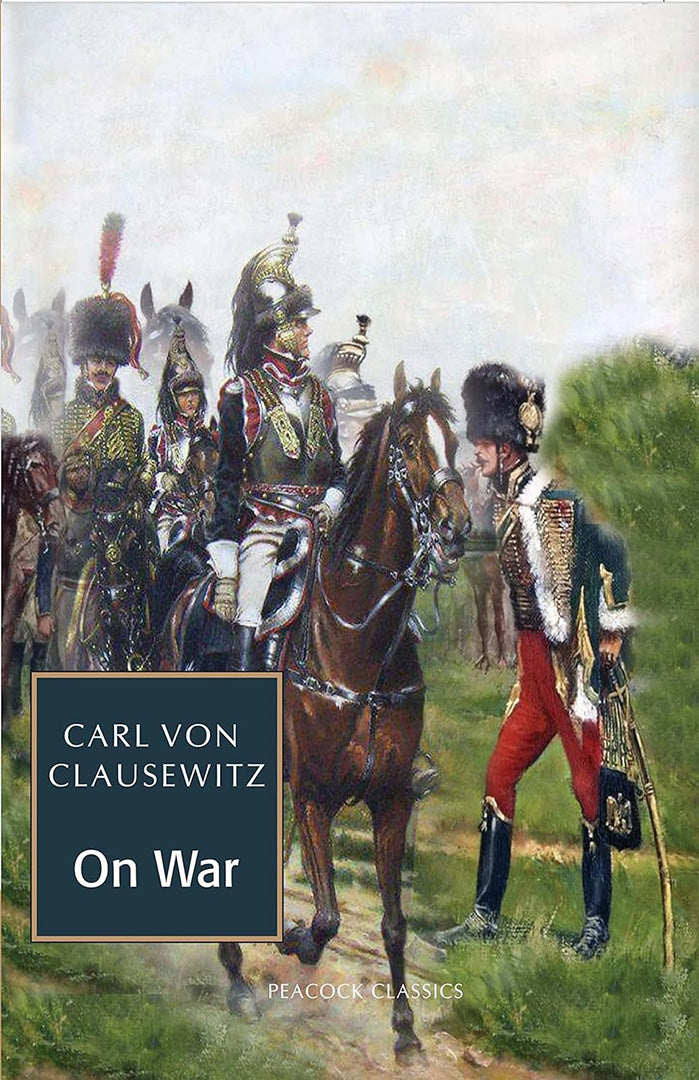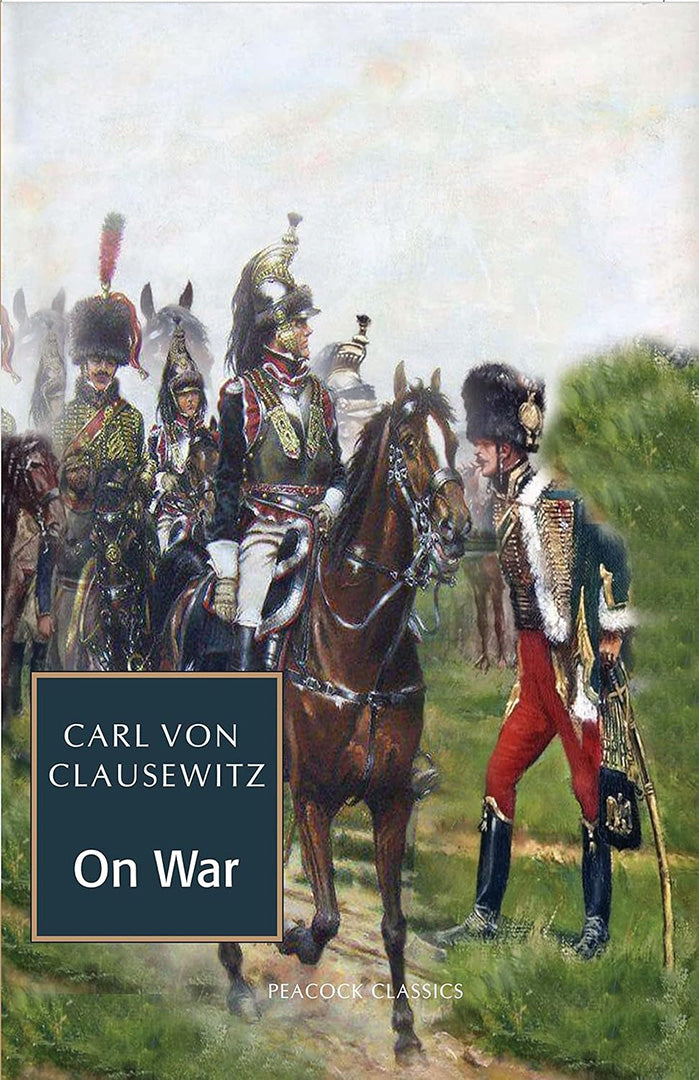On War
On War
Carl Von Clausewitz
Couldn't load pickup availability
Share

More Information
- ISBN13:
- Publisher: Atlantic Publishers & Distributors (P) Ltd
- Publisher Imprint: Peacock Books
- Publication Date:
- Pages: 646
- Binding:
- Item Weight:
- Original Price:
About The Book
On War is the English translation of the book Vom Kriege, originally written in German. Written at the time of Napoleon’s greatest campaigns, Prussian soldier and writer Carl von Clausewitz created this landmark treatise on the art of warfare, which presented war as a part of a coherent system of political thought. It was written mostly after the Napoleonic wars, between 1816 and 1830, and published posthumously in 1832. On War is an unfinished work. Clausewitz had set about revising his accumulated manuscripts in 1827, but did not live to finish the task, and his wife edited his collected works and published them between 1832 and 1835. His ten volume collected works include most of his larger historical and theoretical writings, though not his shorter articles and papers or his extensive correspondence with important political, military, intellectual, and cultural leaders in the Prussian state. The first three volumes form the book On War which represents author’s theoretical explorations.
In the line with Napoleon’s own military actions, Clausewitz illustrated the need to annihilate the enemy and make a strong display of one’s power in an ‘absolute war’ without compromise. But he is careful to distinguish between war and politics, arguing that war can only be justified when debate is no longer adequate, and that if undertaken, its aim should ultimately be to improve the wellbeing of the nation.
On War is one of the most important treatises on political-military analysis and strategy ever written, and remains both controversial and influential on strategic thinking. Therefore, it has been called, “not simply the greatest, but the only truly great book on war”. It is a serious attempt to construct an all-embracing theory of how war works. It is full of sharp observation, biting irony, and memorable phrases, the most famous being, “War is a continuation of politics by other means”.
About The Author
Carl von Clausewitz, in full Carl Philipp Gottlieb von Clausewitz, (1st June, 1780, Burg, near Magdeburg, Prussia/Germany—16th November, 1831, Breslau, Silesia/Wroclaw), was a Prussian general and military thinker, whose work On War (1832; Vom Kriege in original) is one of the most respected classics on military strategy. He enlisted in the Prussian army in 1792 and in 1793–95, he was commissioned in the campaigns of the First Coalition against revolutionary France. In 1801, he joined the Institute for Young Officers in Berlin, an event that proved to be a turning point in his life. During his three years at the institute, he became the closet protégé of Gerhard Johann David von Scharnhorst, the institute’s head. The broad curriculum, coupled with his extensive reading, expanded his horizons dramatically. His basic ideas regarding war and its theory were shaped at that time. After completing the course, he was on the road leading to the centre of the political and military events during the French Revolutionary and Napoleonic wars, the reform of the Prussian army that followed Prussia’s defeat, and the restoration of European monarchies following the defeat of Napoleon.
With the coming of peace and the setting in of the reaction to the terms of the treaty in Prussia, which clouded his career, Clausewitz concentrated on his intellectual interests. He had been thinking and writing on war and its theory since his days in the Institute for Young Officers in Berlin. His tenure as the head of the Military Academy at Berlin (1818–30) left him plenty of time to work on his major study On War. Appointed chief of staff to the Prussian army that prepared for intervention against the Polish revolt of 1831, Clausewitz lost the battle of his life from cholera that year and his unfinished work, together with his historical studies, was posthumously published by his widow in 1832.

